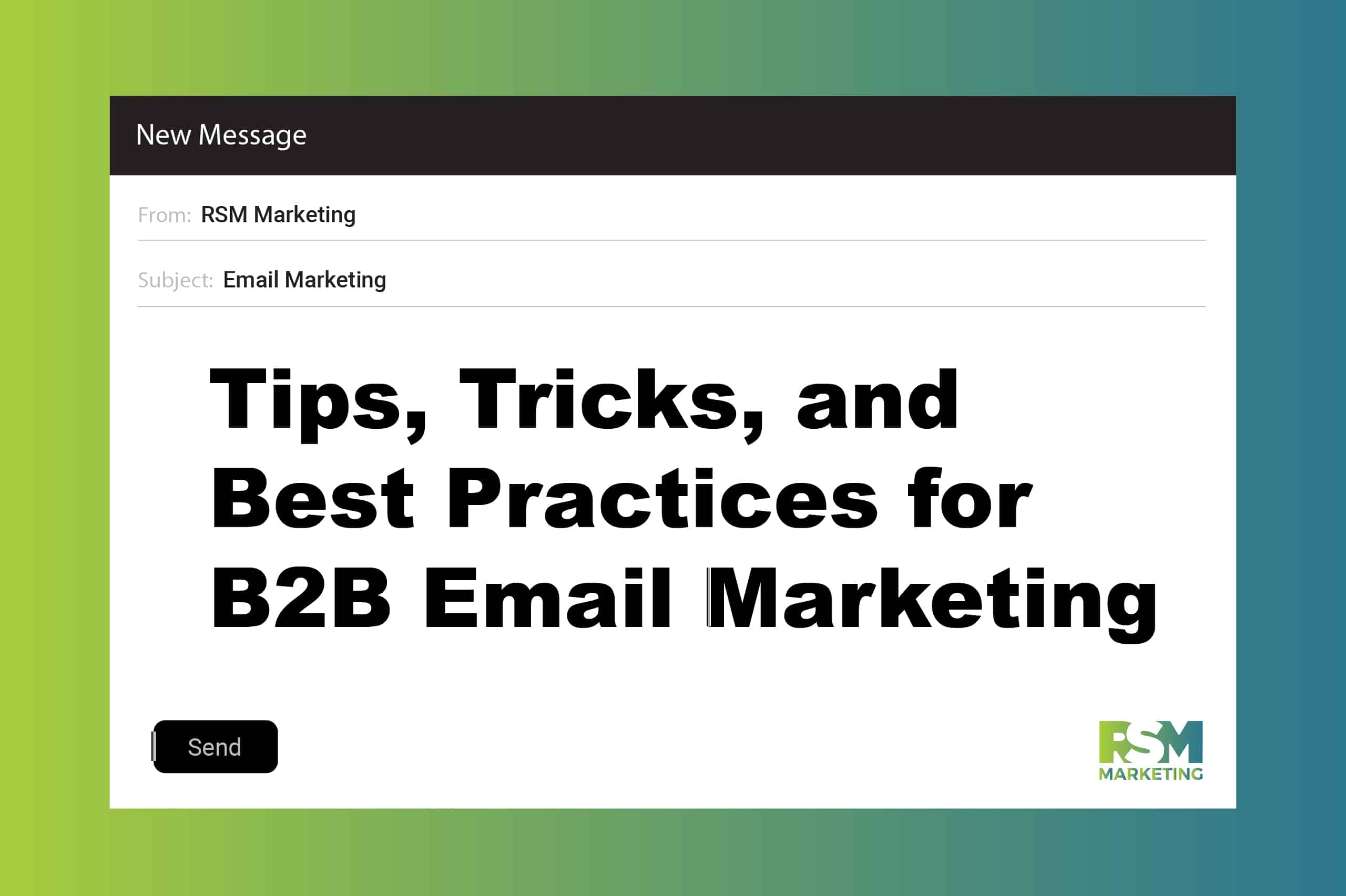Marketing Insights

Whether attracting new customers or building a brand, having a blog for your website can be advantageous. That is especially true if the blogs you write can provide valuable, informative content to your audience.
However, you don’t want to go overboard and write an extremely long post. This article will discuss ideal blog post length and tips to help you craft unique written content for your website.
How Long Should a Blog Post Be?
For SEO purposes, you want to stick to a 500 – 1,000 word count when writing a blog for SEO purposes. Posts with around 1,000 words can rank better, with some experts saying blogs with 2,500 words generally ranking the best.
However, longer posts can take a lot of time and effort on the author’s part. If you are short on time or resources, there’s nothing wrong with going for shorter posts.
Not All Lengths Are Created Equal
Shorter posts may be easy to write, and longer ones generally rank better, but there’s more to content writing than the length. You’ll also need to consider the quality of your writing, its level of relevance, and how good it is at capturing their attention.
Consider keeping your posts between 500 and 1,000 words. Ensure that the content is valuable and helpful. Readers will want to share your blog with others if it provides them with something they didn’t already know before.
8 Tips for Writing SEO Blog Posts
Make it Easy to Read
People are on their phones or tablets these days more than they are on a desktop. Make sure your blog posts can be easily read and navigated on screens of different sizes. Your blog posts should be optimized for all devices.
That means you’ll want to make the font size bigger on desktop and mobile, shorten your paragraph length, avoid writing entire sentences in uppercase letters, and use bulleted lists instead of long paragraphs.
The easier your content can be on the eyes, the more chances your reader will stay on your page and read the entirety of the post.
Keep Your Content Relevant
Don’t just throw something together and hope for the best. Avoid relying too much on template posts, either. You have to make sure your content is relevant to what you are writing about and to your audience.
For example, if you are writing about search engine optimization (SEO), stick to posts related to SEO. You can write about how-to posts or tips and tricks posts, but don’t stray too far off-topic.
Create Evergreen Content
Evergreen content doesn’t age over time. This means that it will always be relevant and valuable to your target audience. It is a great way to build authority for your brand and keep the search engines happy with fresh content.
You can create evergreen content by writing blog posts that answer common questions or provide information about a current event. For instance, a blog post about organic gardening would be relevant at any time of the year since people garden all year round.
Know Your Audience
It’s essential to know your audience when writing content for them. You’ll need to know their age, gender, interests, likes, and dislikes to create relevant, valuable content that they will want to share with others.
If you write content for a website catered to sports fans, you can write posts about playing specific sports, stories about recent sporting trends, and up-and-coming athletes.
Be Consistent
Consistency is key to building a loyal audience. You want people to come back time after time because they know what to expect from your blog and you as a writer. By providing consistent content that showcases your passion for the subject you are writing about, readers will be more likely to keep coming back. Consider writing at least two posts per month or one per week if you can!
Create Posts That Solve Your Reader’s Problems
One of the best ways to build a loyal audience is to create content that helps solve their problems. For your reader to want more from you, they have to know that you can help them with whatever they are struggling with or looking for.
Let’s say you own a restaurant, and people constantly ask how long it would take to get their food since they will be dining with others coming straight from work. This is an opportunity for you to write about the average turnaround time of your kitchen, with pointers on how to make the food come out faster.
Write with SEO in Mind
You need to create posts that are also optimized for search engines. That’s extremely important if you want your website and content to be found. Don’t forget to utilize keywords throughout the post, so they are easy for people using a search engine to find.
For example, if you are writing a blog post about growing bush beans in containers, make sure you use keywords like “how to grow bush beans” or “grow bush beans in containers.” This is the best way to bring more people to your website and help you reach new audiences.
Use an Appropriate Reading Level
It’s a good idea to know your average reader and their reading level so you can write in a way that they will understand. If they have to struggle to read what you have registered, chances are they won’t come back for more!
You shouldn’t use complex words or sophisticated sentence structures if your target audience is young adults or non-native English speakers. Additionally, you wouldn’t want to use specific industry jargon if your readers are not from the same line of work.
It’s Not Just About Word Count
The length of a blog post is an essential factor that you need to consider if you want it to rank in the search engines. However, never forget that the number of words your post has is not the only thing you need to watch out for.
Utilizing other factors like SEO optimization and relevancy in your blog post should result in content that is helpful to your audience and competitive enough to rise above the competition to reach more people.
If you plan on creating the best online content for your company website, it pays to work with people who know the ins and outs of digital marketing.
Check out this blog post we wrote if you would like to learn more about the different types of content marketing!
Want Some Help?
That’s what we’re here for! Whether you need some guidance on moving in the right direction or a whole lot of marketing muscle—the experts at RSM Marketing can make it happen.
Start with a simple conversation! Complete the form and one of our team members will be in touch.




